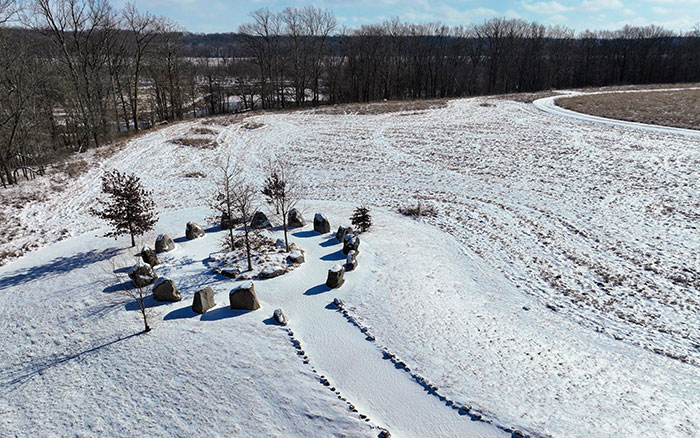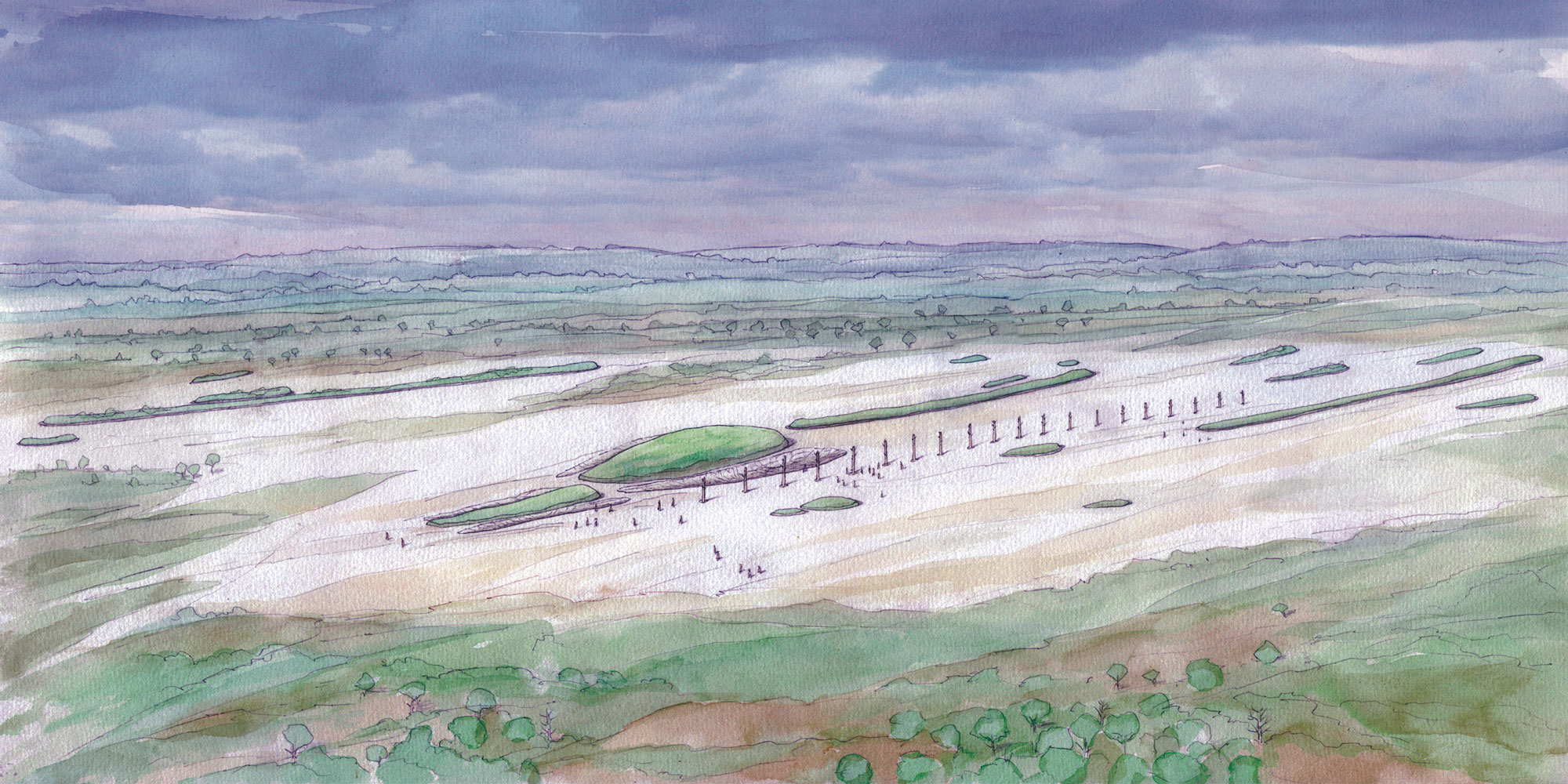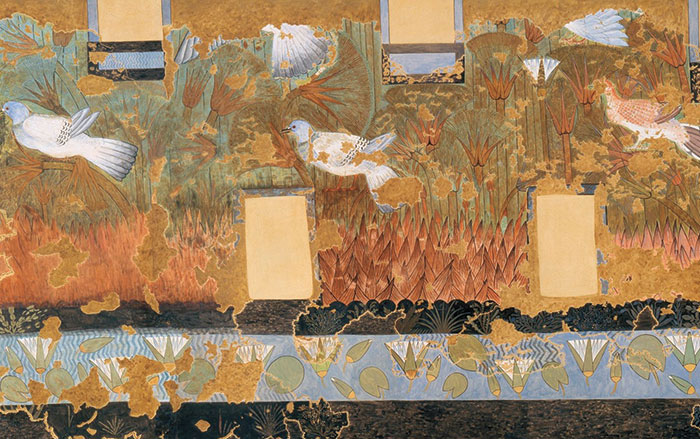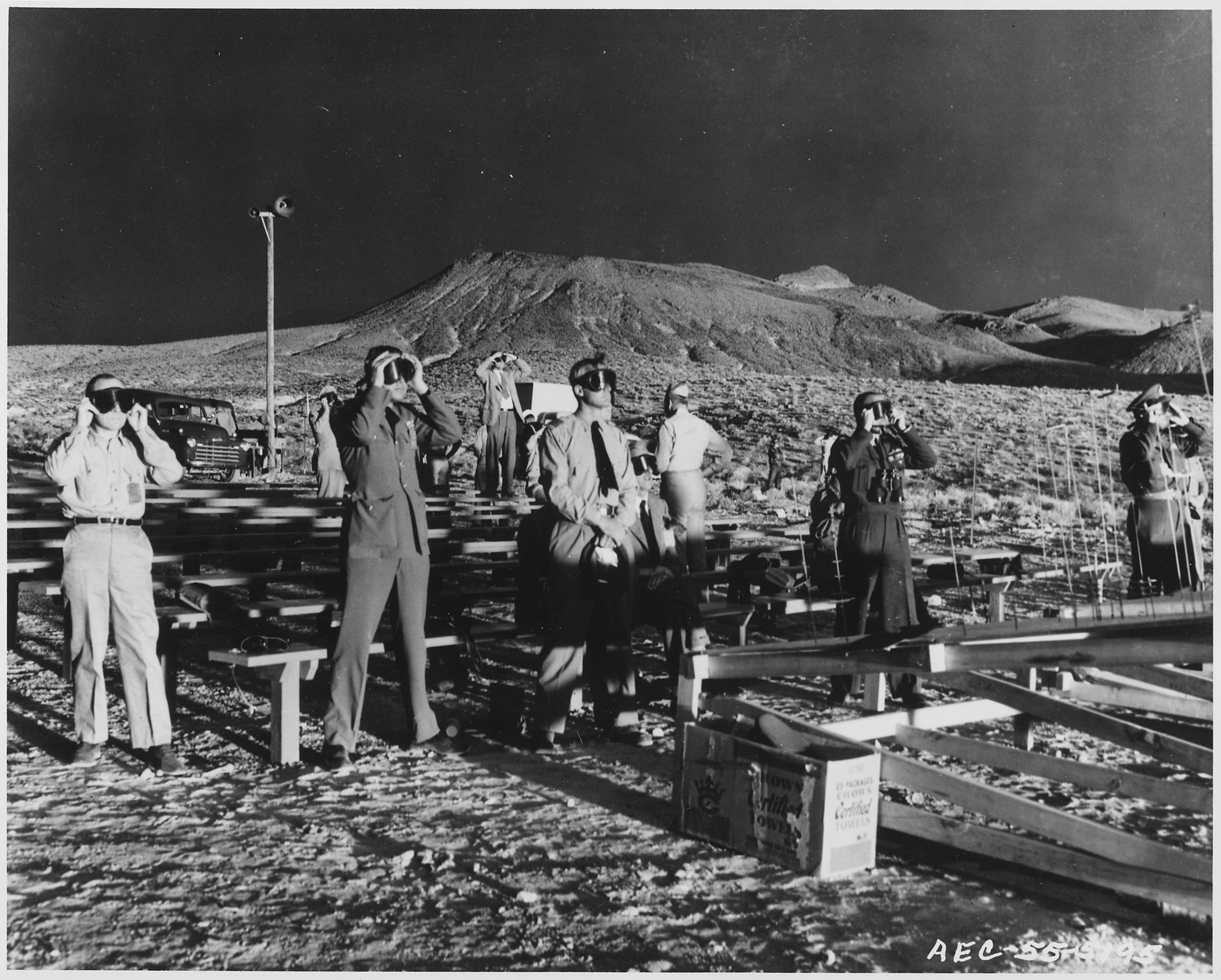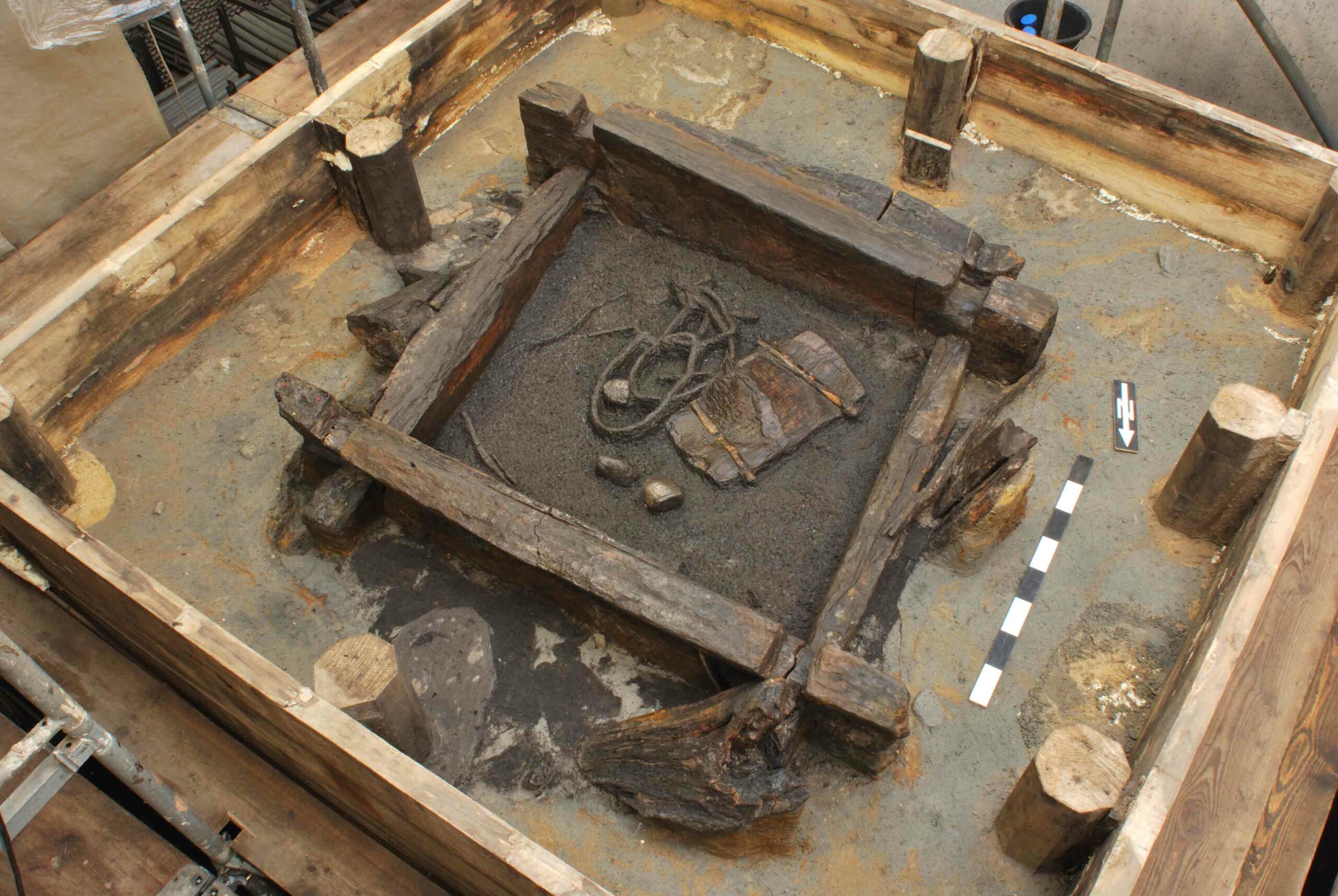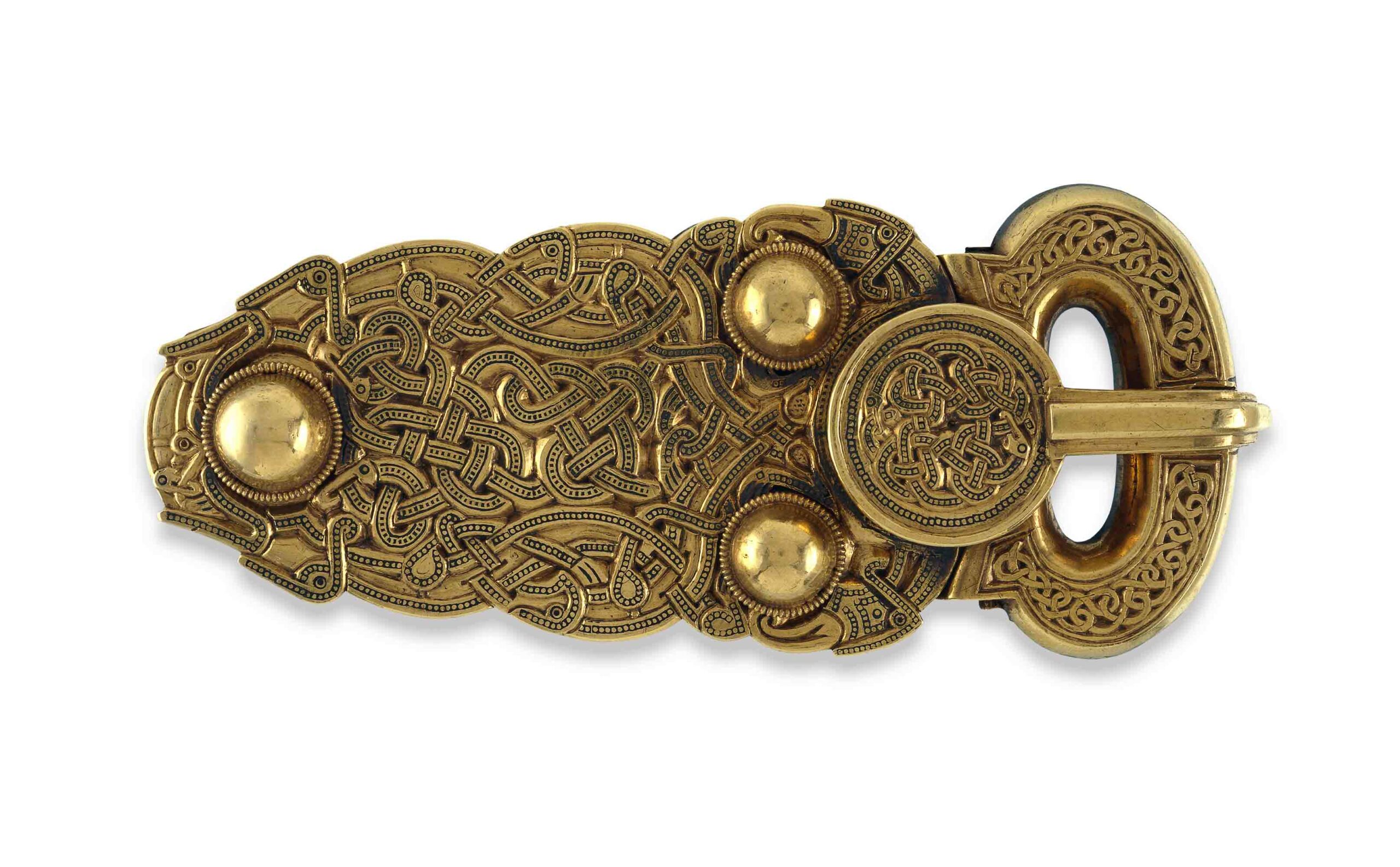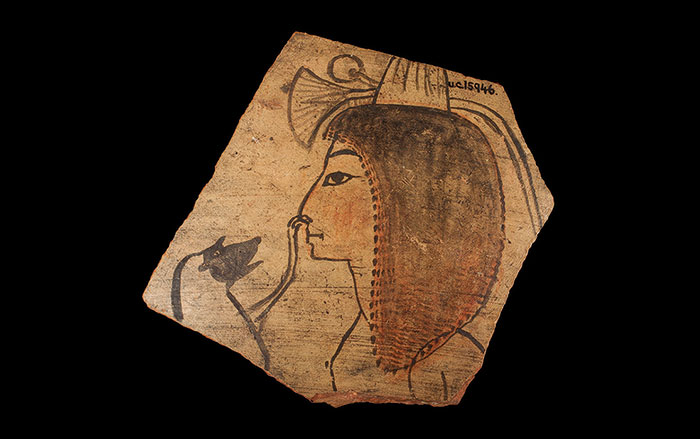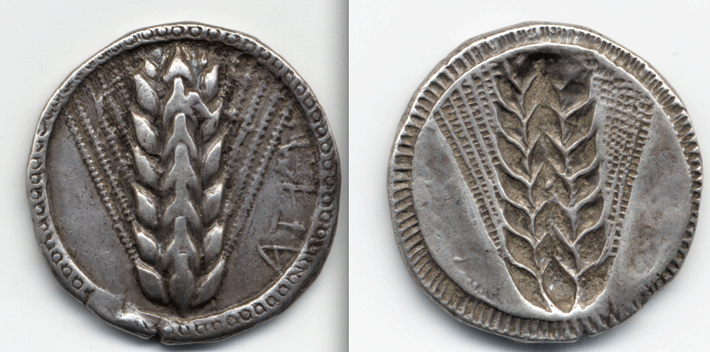
SYDNEY, AUSTRALIA—For more than a century beginning around 540 B.C., the Greek cities of Southern Italy began minting so-called incuse coins, which show the same image on the front and back. Researchers have never been certain how the coins were manufactured, and with only a few dies used to make the coins surviving and with no contemporary accounts or illustrations, there is a dearth of information apart from the coins themselves. Now scientists from the Australian Nuclear Science and Technology Organisation (ANSTO) are teaming up with scholars from the Australian Centre for Ancient Numismatics (ACAN) to use neutron scattering, or the use of neutrons to characterize materials, to analyze some of the 1,267 incuse coins in ACAN's collection. "ANSTO's neutron scattering texture measurements will provide insight into the mechanical processes undertaken to create the coins," Kenneth Sheedy, Director of ACANS, said in an ANSTO news release. "Numismatists from ACANS will then infer the production steps undertaken to produce these coins using knowledge of ancient materials and equipment that were available at the time." To read about how coins can help change our understanding of history, see "Artifact: Silver Viking Coin."


